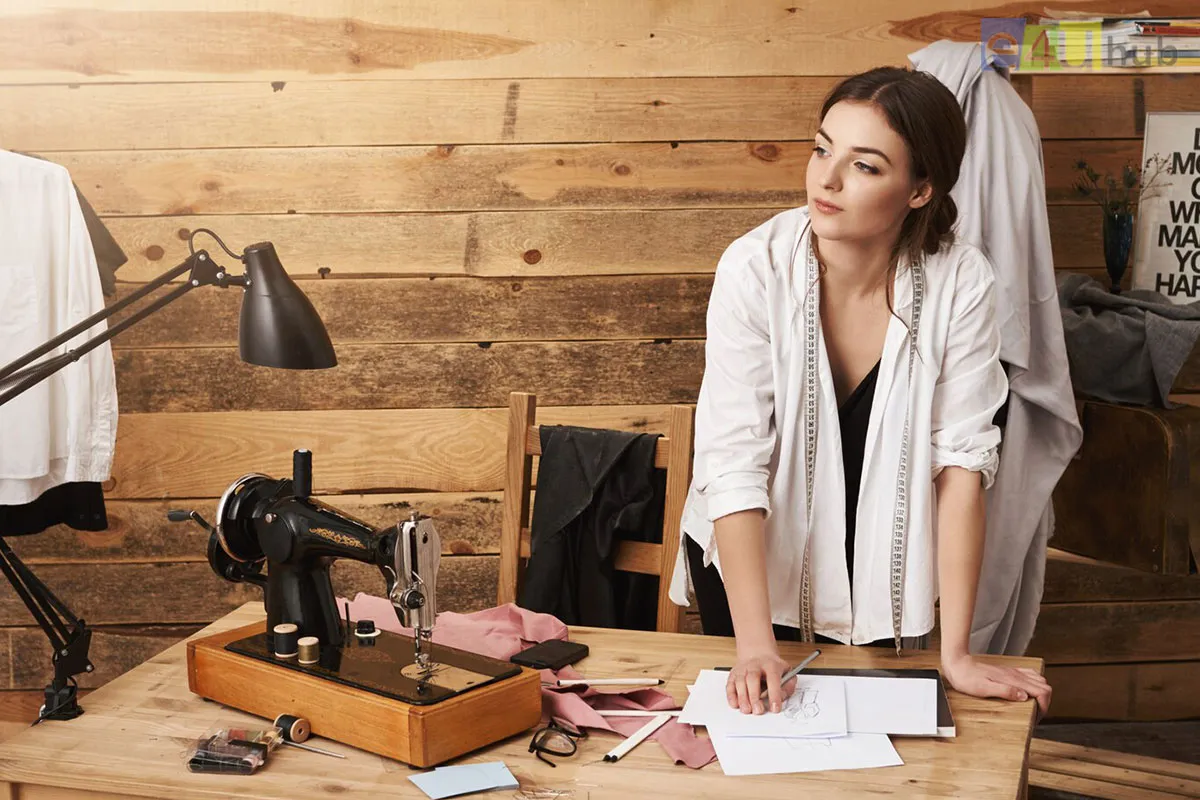
About DIY Fashion
- 03 Nov, 2023
- Fashion
- 683 Views
- 0 Comments
DIY fashion, short for "Do It Yourself" fashion, refers to the practice of creating, customizing, or repairing clothing, accessories, and footwear on your own, often using simple and accessible materials. DIY fashion allows individuals to express their creativity, save money, and reduce their environmental impact by upcycling or repurposing existing items. Here are some key aspects of DIY fashion:
1. Creativity and Personal Expression:
DIY fashion empowers individuals to express their unique style and creativity. It allows for personalization, enabling people to create clothing and accessories that reflect their personality, interests, and fashion preferences.
2. Customization and Tailoring:
DIY fashion enables customization of clothing items to achieve a perfect fit. Individuals can alter patterns, adjust sizes, or modify designs to suit their body shape and style preferences. This customization ensures that the final piece of clothing fits well and is comfortable to wear.
3. Upcycling and Sustainable Fashion:
DIY fashion promotes sustainable practices by encouraging the reuse and repurposing of old or discarded clothing. Upcycling involves transforming old garments into new, stylish items, reducing the need for new materials and minimizing waste. It aligns with the principles of eco-friendly fashion.
4. Budget-Friendly:
DIY fashion projects are often cost-effective, especially when compared to purchasing brand-new, designer items. By using basic sewing skills, craft techniques, and creativity, individuals can create fashionable pieces without breaking the bank.
5. Learning and Skill Development:
Engaging in DIY fashion projects provides an opportunity to learn valuable skills such as sewing, knitting, crocheting, embroidery, and fabric manipulation. These skills can be honed over time, leading to more complex and intricate creations.
6. Community and Collaboration:
DIY fashion enthusiasts often form communities, both online and offline, to share ideas, techniques, and inspiration. Collaborative projects and workshops within these communities foster creativity and learning, allowing individuals to benefit from collective knowledge and skills.
7. Entrepreneurship:
Some individuals turn their passion for DIY fashion into small businesses by selling their handmade or customized items online or at local markets. DIY fashion entrepreneurship allows creative individuals to showcase their designs and reach a wider audience.
8. Inspiration and Tutorials:
The internet is filled with DIY fashion blogs, websites, and social media channels that provide inspiration and step-by-step tutorials for various projects. These resources enable beginners to learn new skills and create fashionable items with guidance.
In summary, DIY fashion is a versatile and creative outlet that encourages self-expression, sustainability, skill development, and community engagement. It offers a platform for individuals to explore their creativity while contributing to a more sustainable and personalized approach to fashion.





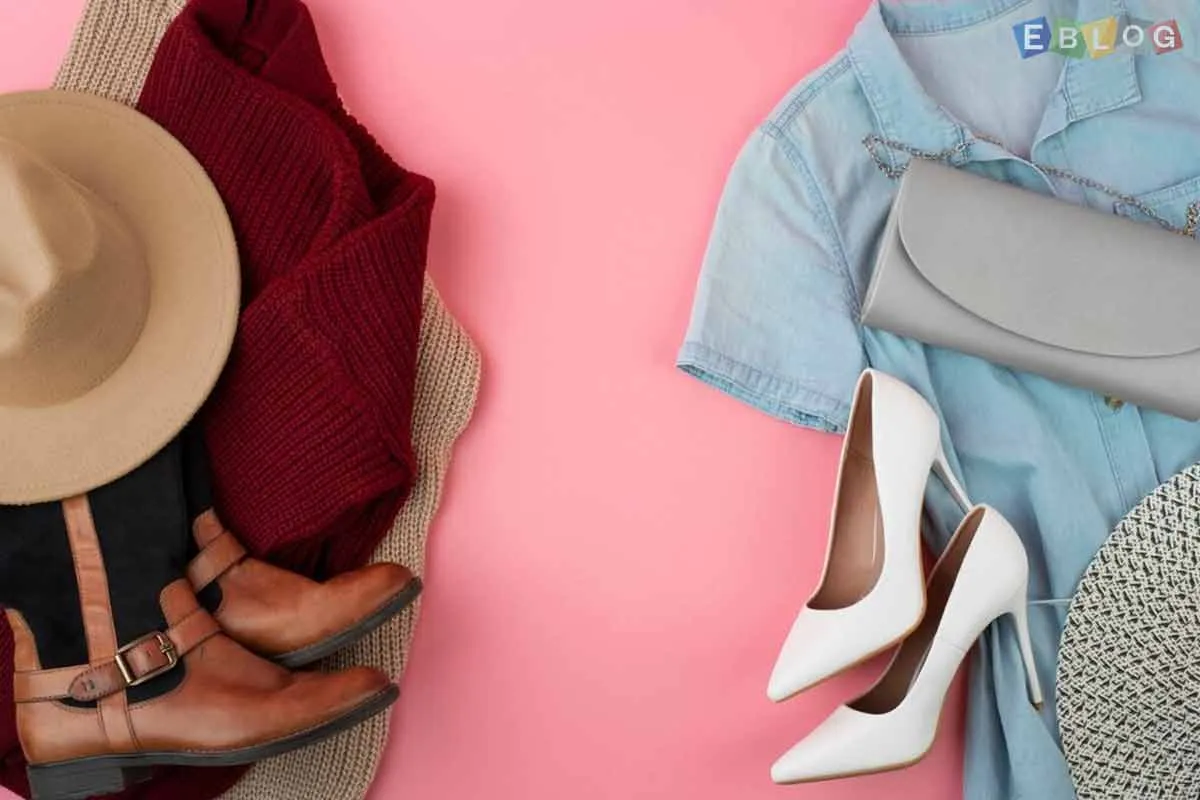

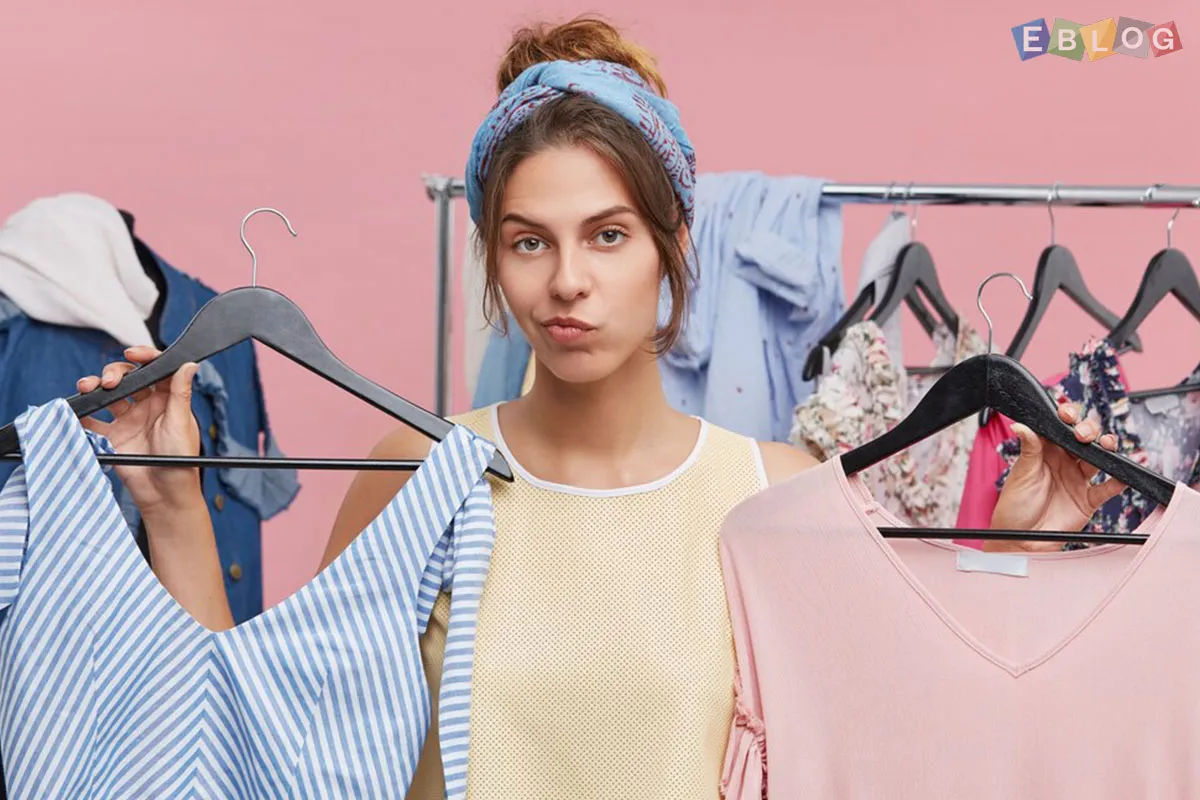

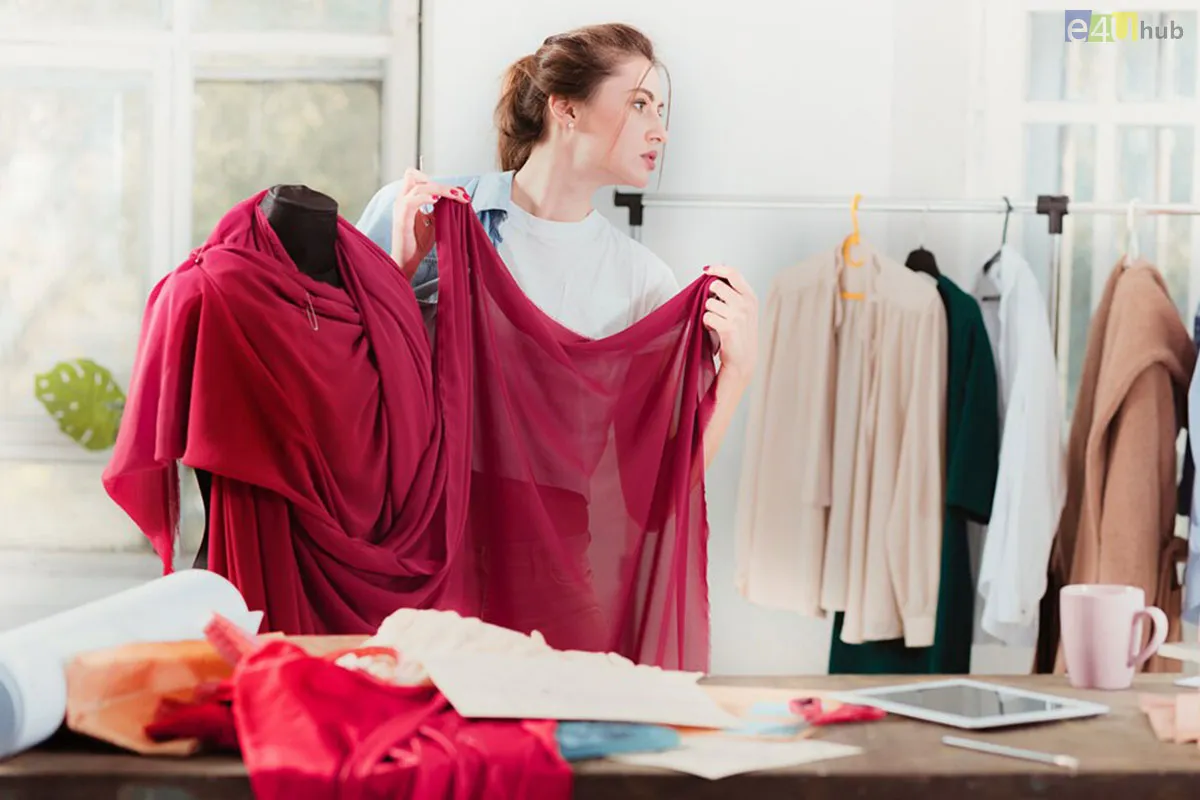
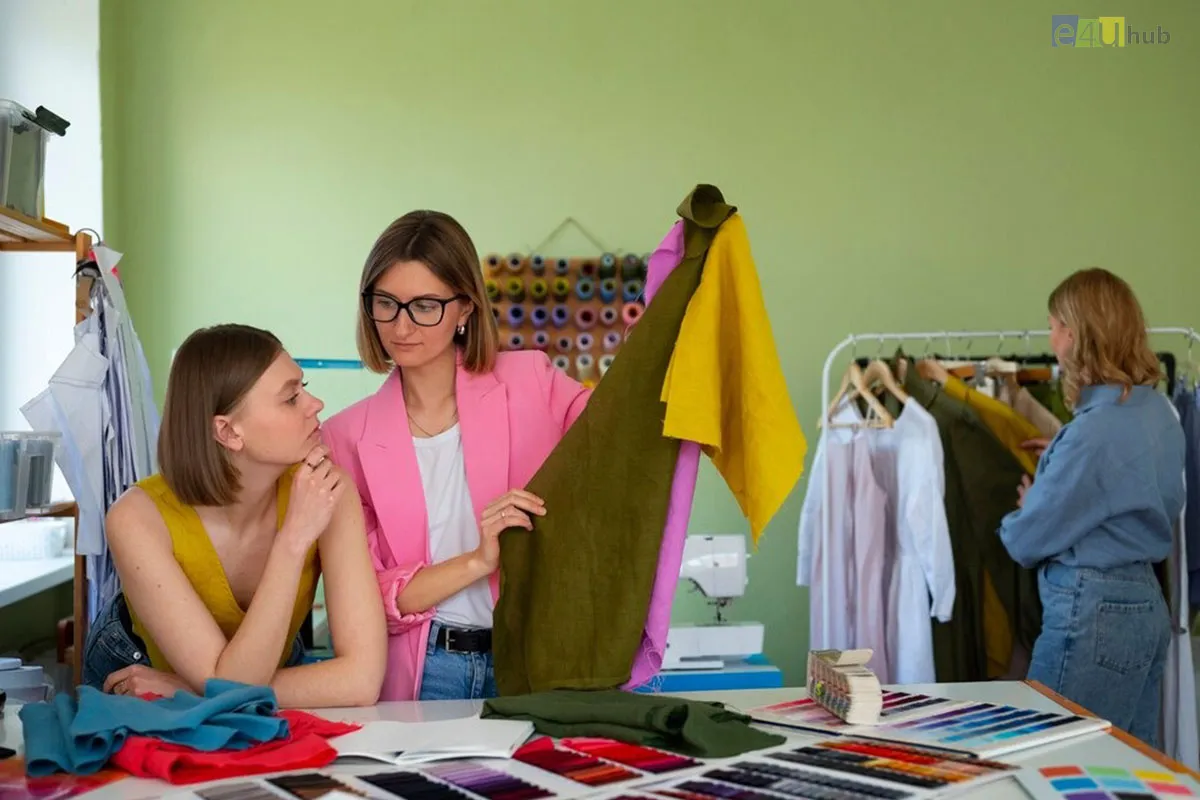
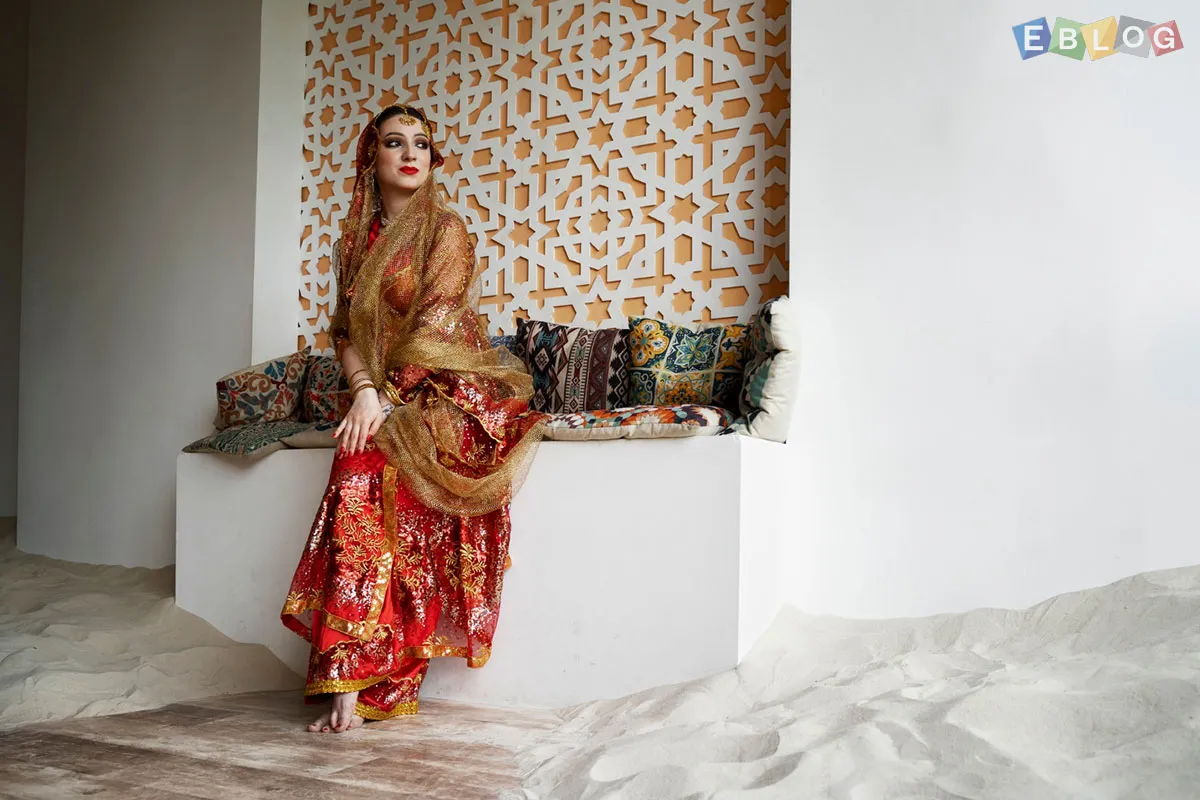
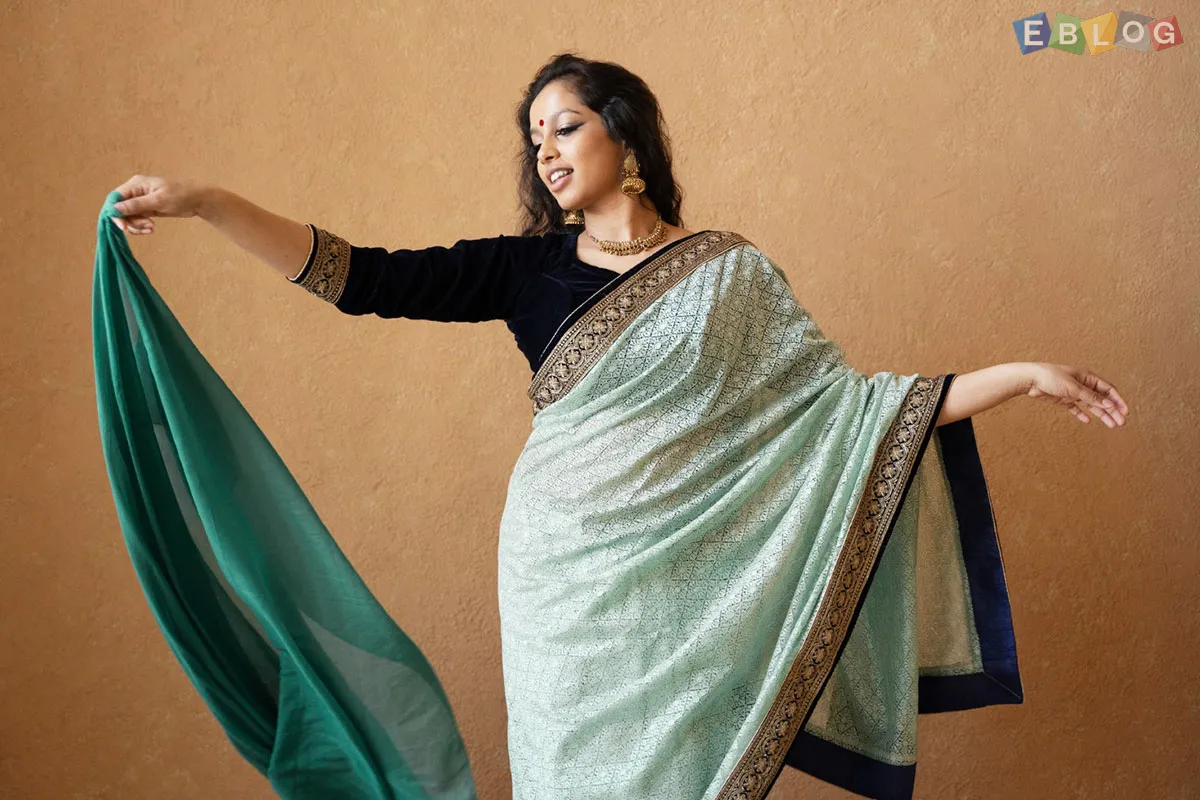
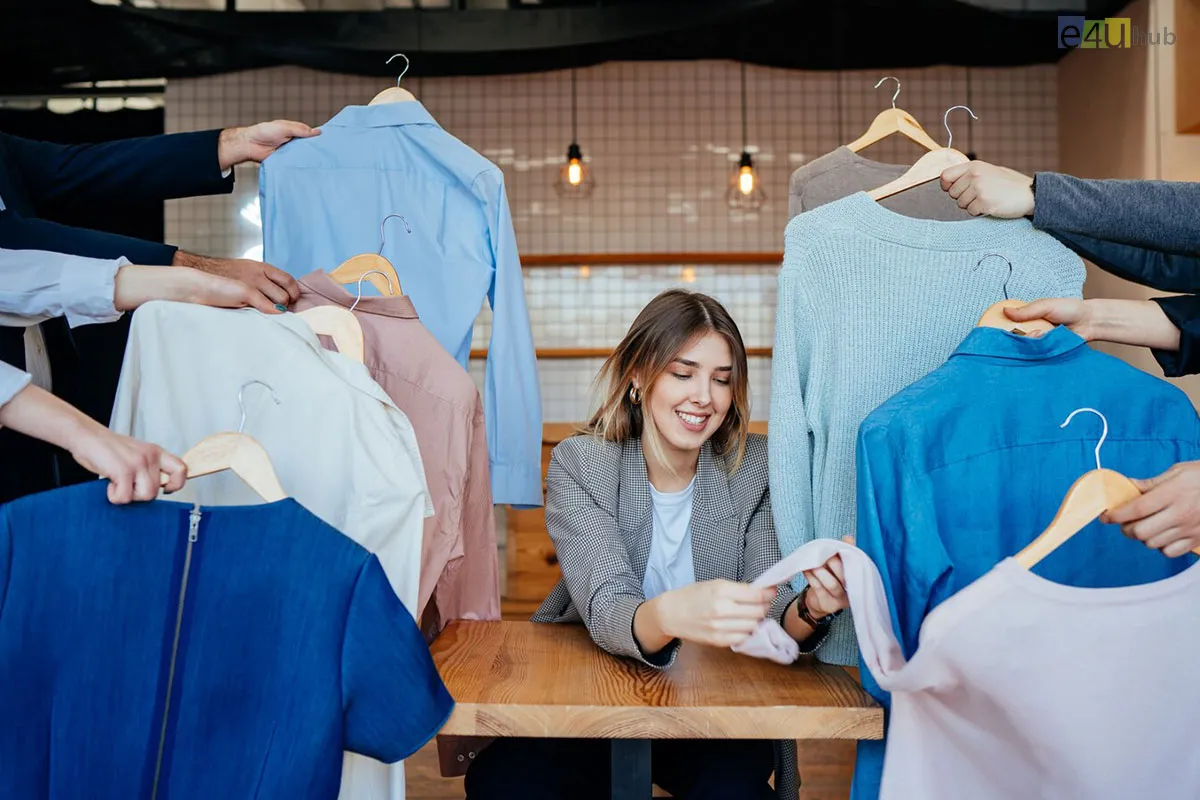

Leave a Reply